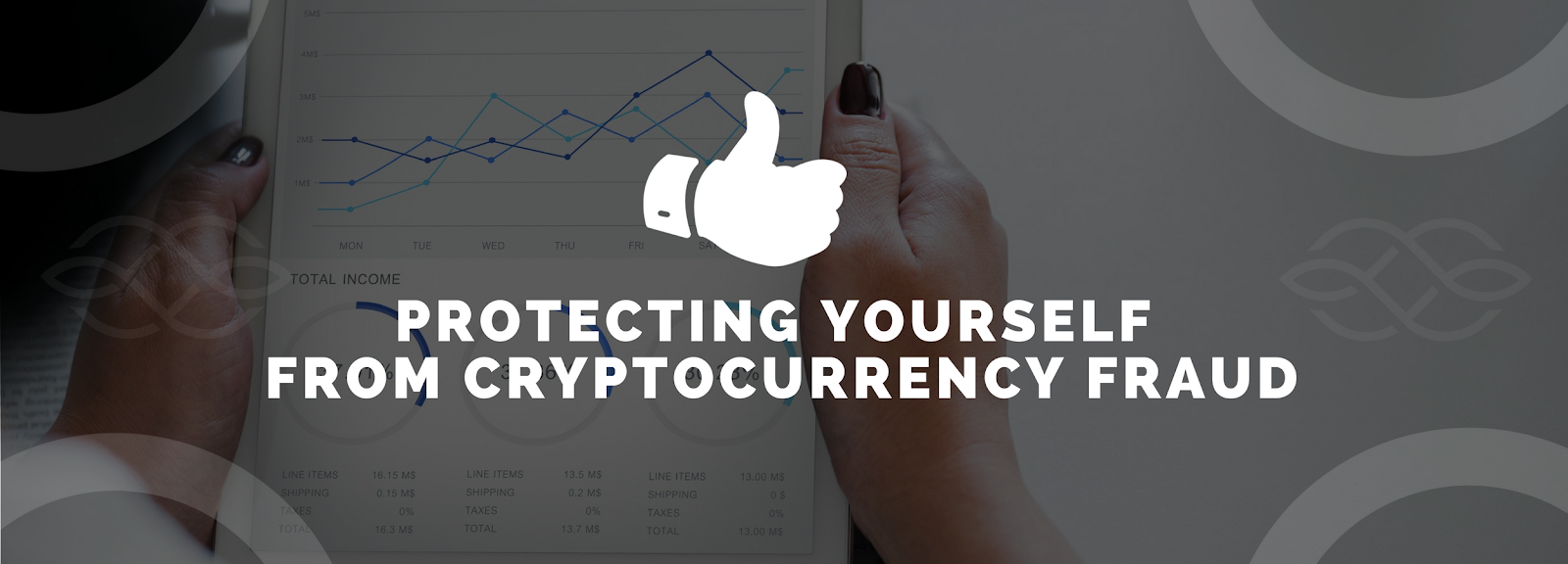From the time that Blockchain technology started to become increasingly popular and the development of cryptocurrency started to open the floodgates for a completely new tier of assets, there have been several skeptics that have spent their time seeking out and discovering an entirely new category of scams — crypto scams. Although the supporters of Blockchain technology and cryptocurrencies focus on the massive disruption that is taking place in financial institutions and the technology sector as a whole, there are still many unknown factors that have to be assessed before moving forward with certainty, and overcoming the new generation of scammers is one of those factors.
Due to the fact that cryptocurrency has a highly transferable nature, combined with the fact that Blockchain technology is intensely complex, creates an environment that is wrought with scammers that base their attempts at success on directly targeting the new and unsuspecting cryptocurrency holders. Because of the newness of the market, it is easier for these individuals to come create intricate and intellectualized scams that will separate you from your money without anyone being the wiser, until it is simply too late. These scams are easy to miss and hard to avoid unless you are aware of what you are looking for, so we’ve put together the three most common types of crypto-scams and will break down a few telltale signs to help you notice and avoid them all together.
Twitter/Telegram
It is common for scammers to hone in on and target high-profile cryptocurrency and/or Blockchain personalities and profiles in and attempt to gain access to their followers ‘Wallets’ by convincing them to submit their wallet address. This is oftentimes done by using a number of bots to develop statements that appear to be coming from the actual Twitter personality. Following the ‘successful’ sharing of information, it then looks as though other users are experiencing success with receiving their ETH, however, those ‘successful responses’ are simply additional bots aiding in the scam.
In order to be on the safe side of things, it is important that, as a general rule of thumb, you do not submit any personal information and/or send any cryptocurrency to wallet addresses that you’ve found on social media.
Cryptocurrency Phishing Scams
Another highly common scam that is going around the cryptocurrency space is phishing. When you’re intertwined in a phishing scam, the scammers typically ‘clone’ an exchange website, hosting it on a domain that looks like a near replica of the original. Moreover, because of the additional reach that the internet provides, scammers have also begun to pay for Google advertising in order to make their site look more reputable than the others, drawing in more customers to their platform and, in turn, stealing most of, or even all of their cryptocurrency.
It is important that you NEVER provide your private keys to anyone and always triple check that the URL you are using is correct and is accompanied by the green “secure” emblem as well.
Initial Coin Offering Scams
ICO’s have become one of the more disruptive applications that have appeared since the inception of Blockchain technology and although there are definitely some amazing opportunities out there involving the technology, they are also a prime target for scam artists. One of the more common types of ICO scams has been named the ‘exit scam’ and occurs when a fraudulent ICO is set up and proceeds to sell worthless tokens to their investors, disappearing once they have reached their capital investment goals. These types of ‘exit scams’ have been prevalent across the cryptocurrency ecosphere, however, there are a few warning signs that might help you to distinguish between a valid ICO and a fraudulent one.
1: Lack of Whitepaper: Depicts a lack of project validity
2: Minimal Online Presence: No way to verify team members
3: Profit Guarantees: Promises of guaranteed profits or returns
4: Imbalanced Premines: Massive amounts of team capital before an ICO goes live
5: Lack of MVP and Roadmaps: Signifies indifference in the project
6: Unknown Advisory Team: Lack of solid advisory team members
Overall, the scams that we see in the market are going to continue to evolve as the technology becomes a greater force behind our everyday lives, so it is imperative that you remain vigilant when ensuring your online safety and security.
For more information and to see what else is going on @ IAGON, please follow us at the social media links below, or head over to the IAGON Website!
Facebook, Instagram, LinkedIn, Steemit, Reddit
Bitcointalk, Twitter, Telegram, Youtube, Medium, Github

